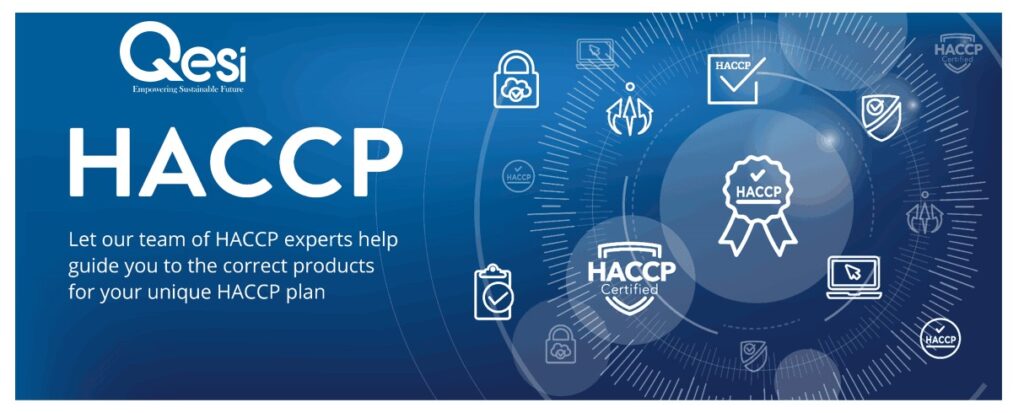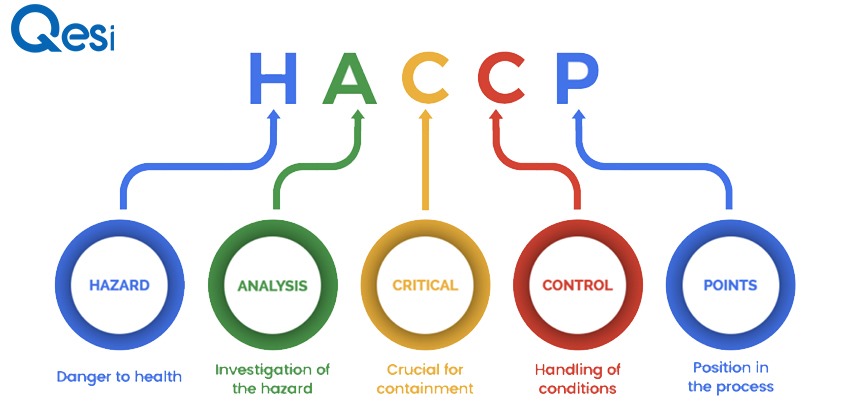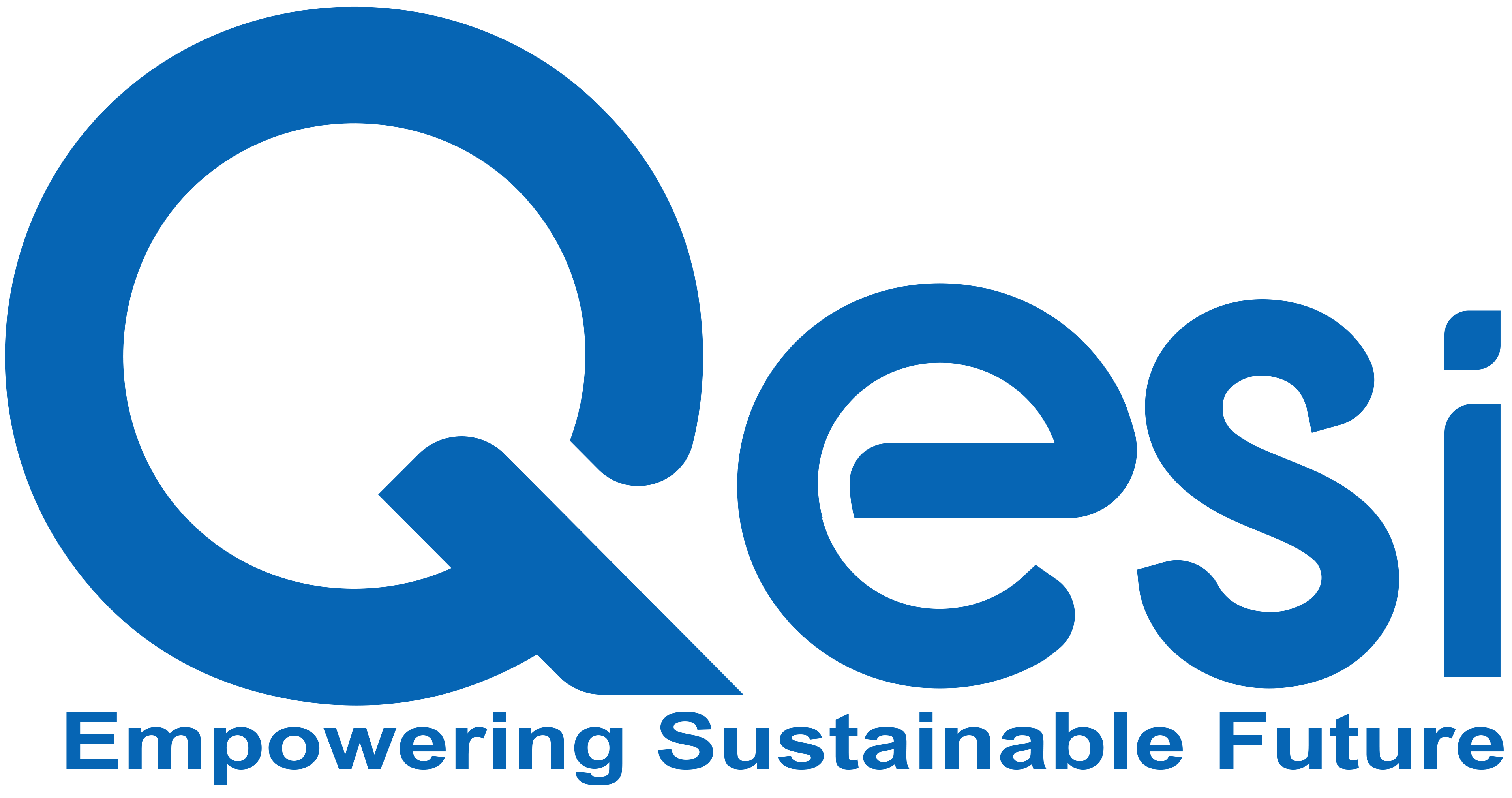HACCP
(Hazard Analysis and Critical Control Point)
Introduction:
What is HACCP?
HACCP Certification is a management system which is internationally recognized to reduce hazards in food. Through the analysis and control of the system, it helps to address the food safety of biological, chemical, and physical hazards from raw materials production, procurement and handling, to manufacturing, distribution and consumption of the finished products. GMP (good manufacturing practice) is one of the elements in HACCP.
HACCP meets the requirements of the Codex Alimentarius Commission (CAC) to bring together international food standards, guidelines and codes of practice to ensure fair trade.

Who is HACCP for?
HACCP is suitable for all types of organizations which is handling/related to food no matter big or small sizes.
Organization involved in food production, food packaging, food trading, food handling, food processing, etc.
Implementing ISO 9001 means your organization has put in place effective processes and trained staff to deliver flawless products or services time after time
Business Benefits include:
HACCP-based procedures provide businesses with a cost-effective system for control of food safety, from ingredients right through to production, storage and distribution to sale and service of the final consumer. The preventive approach of HACCP-based procedures not only improves food safety management but also complements other quality management systems. The main benefits of HACCP-based procedures are:
Saves your business money in the long run
Avoids you poisoning your customers
Food safety standards increase
Ensures you are compliant with the law
Food quality standards increase
Organizes your process to produce safe food
Organizes your staff promoting teamwork and efficiency
Due diligence defence in court.

